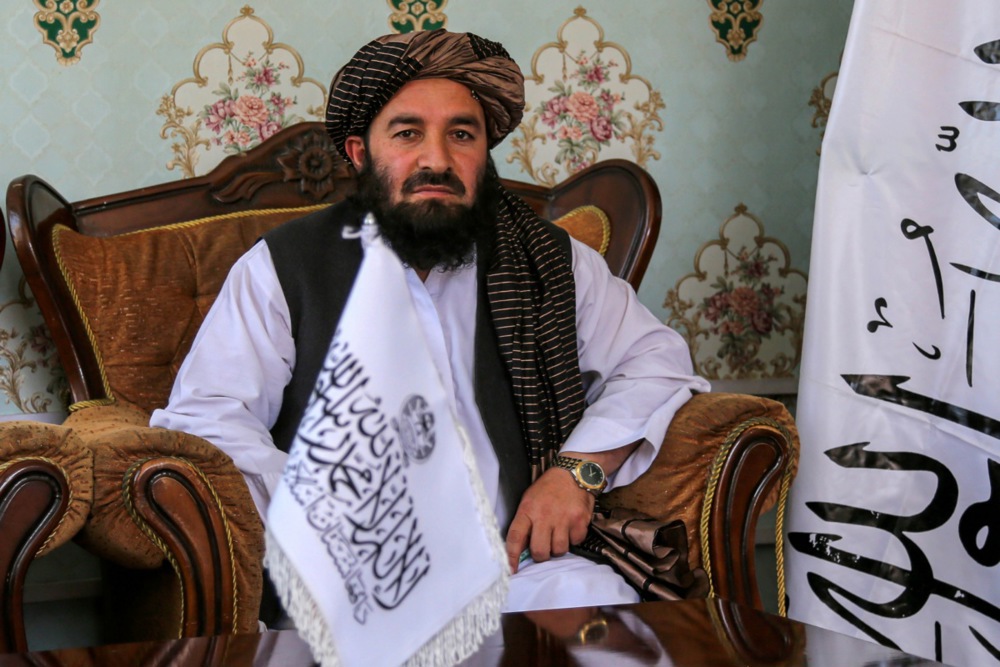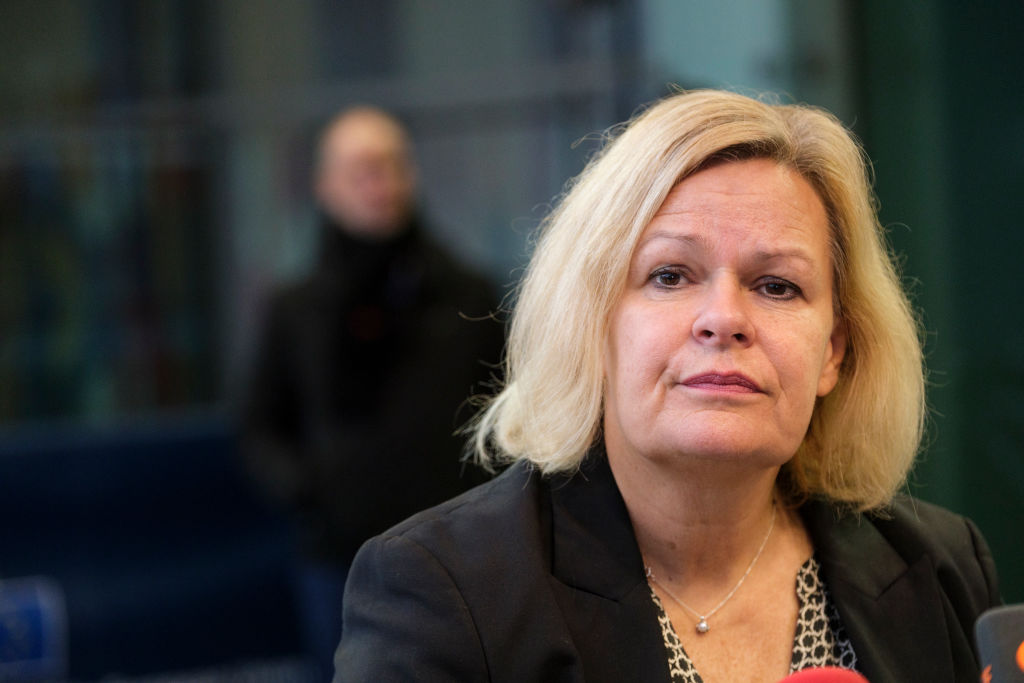Germany and Austria have said they will pause asylum decisions for Syrians, citing changes in Syria’s political landscape following the toppling of the Assad regime.
Around 47,000 cases are currently affected in Germany and 7,300 in Austria, according to authorities in the countries.
Austria was also reportedly said to be preparing an “orderly repatriation and deportation programme” to Syria.
The country’s Chancellor Karl Nehammer has instructed his interior minister Gerhard Karner to review all asylums granted. Family reunification of migrants will also be suspended.
In Germany, the Federal Office for Migration and Refugees said it was not processing asylum applications from Syrians until further notice, citing legal uncertainty given the changing state of affairs.
“The Federal Office for Migration and Refugees is not processing asylum applications from Syrians until further notice,” a spokesperson told the magazine Der Spiegel on December 9.
The migration office said it wanted to assess the situation on the ground in the country.
According to the German migration office, 47,270 asylum applications from Syrians that have not yet been decided upon are affected, including around 46,000 first-time applications.
Overall, a total of 974,136 people of Syrian origin were living in Germany as of the latest figures.
Among Syrian nationals in the country, 321,444 hold refugee status, while 329,242 have subsidiary protection, indicating they face serious threats in their homeland but lack full asylum entitlement. The remainder possess alternative residence permits, such as those for family reunification.
The Austrian Ministry of the Interior reported 12,871 filed asylum applications by Syrian citizens in 2024 between January and November.
According to Statistics Austria, 95,180 Syrians were residents in Austria at the beginning of 2024, making them the largest group of asylum seekers in the country.
Austria’s interior ministry said it was currently monitoring and analysing the new situation, which was necessary for the further processing of asylum applications. “This is done by surveying the situation on site,” it said.
There is a strong divide between left-wing and right-wing politicians on the matter.
In Germany, several Christian Democrat (CDU) politicians have already spoken out in favour of returning Syrian refugees to their home country. Politicians from the Greens and the Socialists (SPD) have urged restraint in view of the unclear situation in Syria.
Alternative for Germany (AfD) MP Sebastian Münzenmaier noted: “Thousands of Syrians celebrated the end of the Assad regime and a ‘free Syria’ across Germany over the weekend. The reason for asylum ‘fleeing the Assad regime’ no longer exists. It is time for these people to leave Germany again.”
In Austria, the FPÖ, the leading right-wing political party, made the same argument on December 8 and demanded Vienna review its policies toward Syrian refugees, claiming that the reason for asylum had disappeared and tens of thousands of refugees there should be returned.
Ines Vukajlovic, the integration spokeswoman for the Greens in Upper Austria, opposed the plans for a quick repatriation of Syrian refugees and said such proposals were a form of “shabby populism”.
“It is not yet at all foreseeable what will happen in Syria, who and in what form the country will continue. In order for reconstruction and a life in peace and freedom in Syria to be possible after 13 years of war, all actors on the ground will be needed,” she said on December 9.
Outside Europe, in Turkey, where millions of Syrians went in the past decade, foreign minister Hakan Fidan said it was now time to “unite and rebuild the country”.
In just a matter of days, the over-a-decade-long civil war in Syria ended on December 7 after rebels, led by the group Hayat Tahrir al-Sham (HTS) surprisingly easily conquered the country while the Assad regime fell apart.
On the evening of December 8, the capital of the country, Damascus was captured and the deposed president fled to Russia with his family.
HTS is still considered a terrorist organisation in Europe but the organisation has now claimed to have changed its stance and policies.





